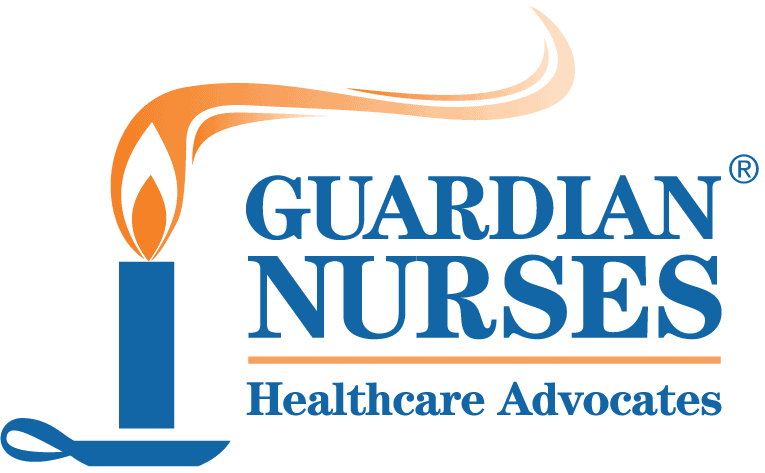We recently had a case in California which required us to frequently communicate telephonically with the nursing staff. We had the required signed HIPAA release on the chart (multiple times, in fact, as it continued to get 'lost') as well as the family's verbal authorization to speak on their behalf with the clinical team.
Unfortunately, rather than enjoying a collegial, collaborative, professional relationship, what we heard was that "sharing this information is not part of the nurse practice act." News to us! And probably to some of you—to even KNOW that there was a nurse practice act. It's true! But, for the life of me, reviewing and reviewing this state's practice act, I could find NO mention of the section the nurses were mentioning (or hiding behind!)
Honestly, how are we ever going to improve the communication within our healthcare system, AND with patients and their families, if staff is allowed to hide behind invisible or more appropriately perhaps, arcane sections of nurse practice acts.
For nursing staffs everywhere, nurse advocates are not the enemy. We are trying to support patients and their families and 'fill in gaps' when they exist (probably because you're not talking to them). We are working on their behalf. We absolutely understand and acknowledge your concern about patient privacy and confidentiality. But when a patient and a family says "it's OK to talk with our nurse advocate," and the HIPAA form is signed and on the chart, you need to talk with us. There is nothing to hide behind.
Our patients deserve better!

I must say that I agree with you about communication and how difficult it can be to assist patients when the system has become so fraught with road blocks. As a California licensed RN I have never read this part of the Nursing Regulations that prohibit sharing of patient information with an informed consent (HIPPA) in hand.
As nurses we have to deal with this a lot and it feels to me that this blocking of communication and information is more about people fearing retribution or some imagined negtive consequence rather then the effect it has on patient outcomes.
I enjoy your blog.
Cindy